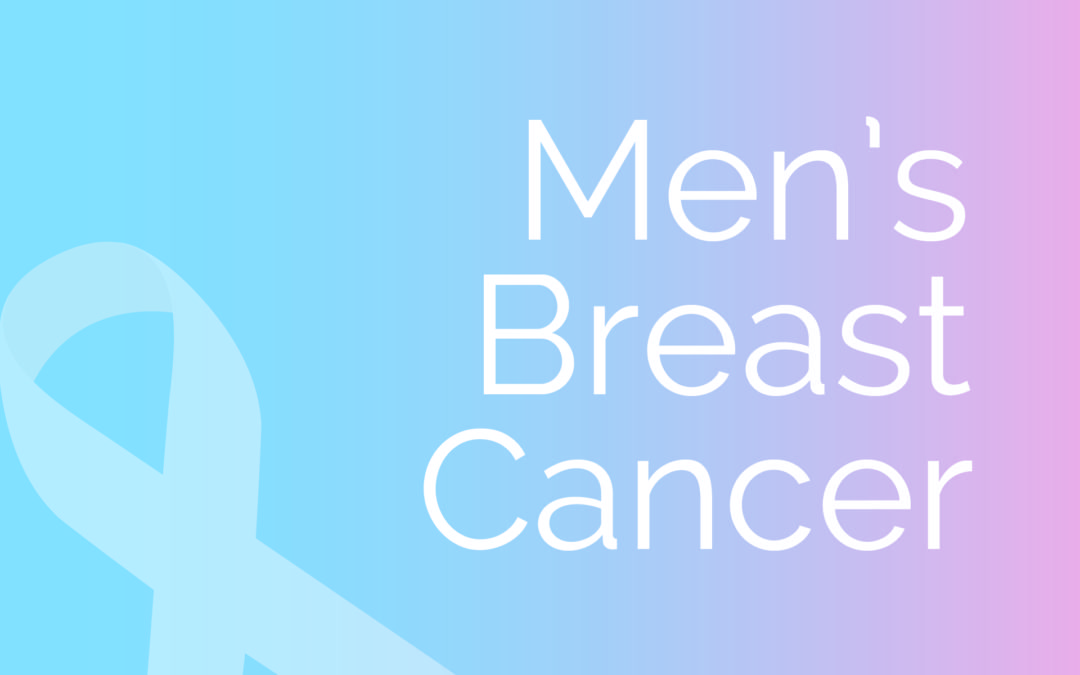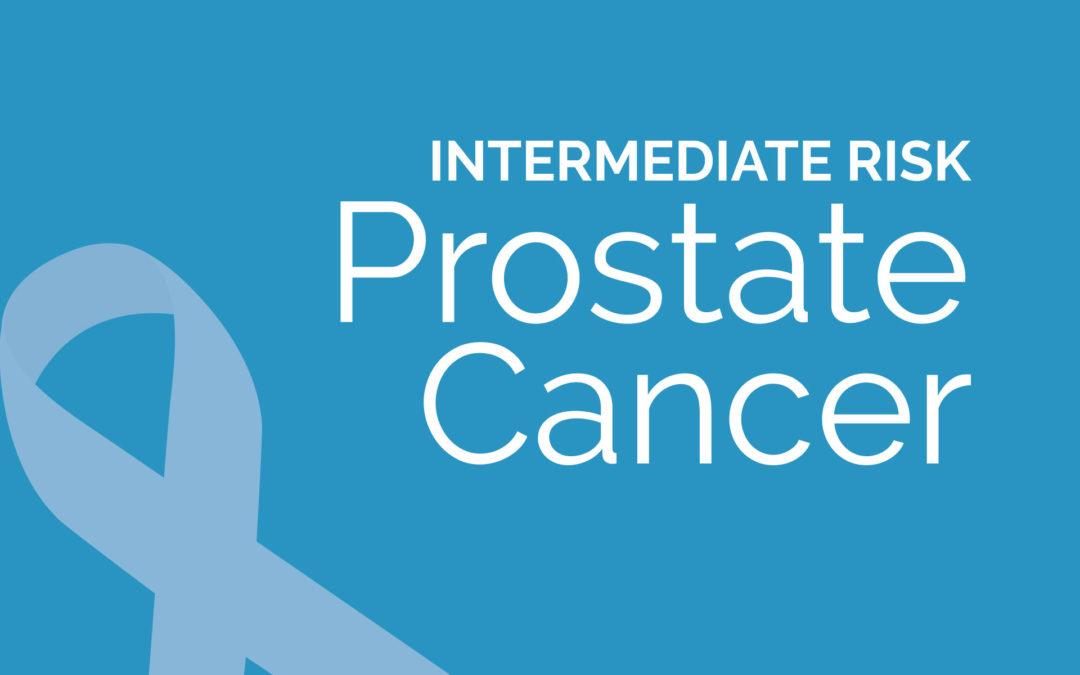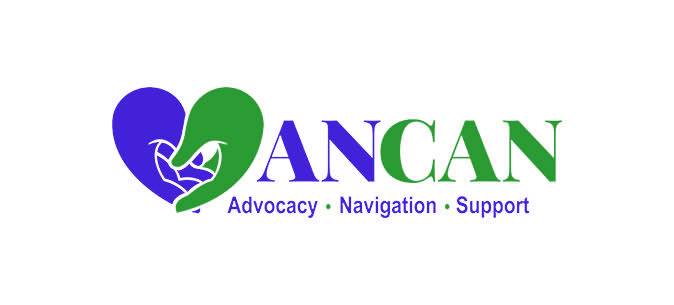by Rick Davis | Apr 23, 2020 | Advocacy, Blood Cancers, Brain Tumors, Cancer Caregivers, Cancer Resources, Complementary Medicine, Health Resources, Men 'Speaking Freely', Men's Breast Cancer, Multiple Sclerosis, Ovarian Cancer, Prostate Cancer, Recent News, Sarcoidosis, Women's Breast Cancer
Some of you may already be aware of Janssen/J&J’s annual patient advocate conference,
HealtheVoices, that is usually by invitation only based on a competitive application process. This year’s pandemic has sent the Conference
virtual, and it is open to
ALL! The conference covers the spectrum of conditions from mental to physical, and from cancer to rare diseases.
#HealtheVoicesLIVE 2020 is this Saturday, April 25 starting from 11 am – 8.30 pm Eastern. You can find the full agenda and link to join
HERE. Feel free to pop in and out during the day and tune in to presentations and events of interest to each of you.There are presentations, interviews and even small group breakouts allowing you to interact with leading national advocates for differing conditions.
Please note the links to join change for the morning and afternoon sessions:
For the best experience, join the meeting via Google Chrome
I will be presenting in the 3rd Hour; the session starts at 1.30 pm Eastern and I am due up first as part of 4 flash sessions followed by a Q&A. I will be offering tips on virtual moderation – a skill many patient advocates have had to quickly familiarize themselves with in the past few weeks. But as you all know, we’ve been at this game for many years!!
Please join me and HeV, enjoy the conference, learn a little, and above all – stay safe, well and have fun!
Onward & upwards, rd

by Rick Davis | Apr 22, 2020 | Ovarian Cancer, Men's Breast Cancer, Recent News
Admittedly AnCan has a bias to prostate cancer …. after all that’s where we proved our concept – and why one virtual meeting a month has blossomed into 22! Articles cross our transom that pertain our other groups, and here are a couple that caught our eye in the past few days:
For our Male Breast Cancer particpants – and please note you have to register for MedPage Today … it’s free!
ASCO’s New Guidelines for Male Breast Cancer | MedPage Today
For our Ovarian Cancer readers:
Breastfeeding May be Associated with Reduced Risk of Ovarian Cancer | Cancer Network
Sign up for our Blog in the right panel and watch this space!

by Rick Davis | Apr 22, 2020 | Prostate Cancer, Brain Tumors, Cancer Resources, Men's Breast Cancer, Ovarian Cancer, Women's Breast Cancer
https://www.urotoday.com/recent-abstracts/urologic-oncology/prostate-cancer/120402-12th-international-symposium-on-focal-therapy-and-imaging-in-prostate-and-kidney-cancer.html
In the context of prostate cancer, newly diagnosed men with low and intermediate disease often consider focal therapy modes such as cryotherapy, HIFU or targeted radiation for intial treatment. And more frequently, we are seeing some of these modes employed for adjuvant and salvage therapy.
AnCan’s good friend, John Fortin, just published a short report on UroToday summarizing the findings from a Febraury 2020 Conference that considered focal therapy. This may well be of interest to other cancers, like ovarian and breast, where focal modes are also employed. John’s report linked above does not address follow-up treatment in the case of recurrent disease after intial treatment.

by Rick Davis | Apr 19, 2020 | hospice and palliative, Advocacy, Blood Cancers, Brain Tumors, Cancer Caregivers, Cancer Resources, Men's Breast Cancer, Multiple Sclerosis, Ovarian Cancer, Prostate Cancer, Recent News, Women's Breast Cancer
Editor’s Note: Some of our AnCan prostate cancer community have alrady seen this message, but we felt it was important enough to broad- rather than just narrowcast!
AnCan has recently noted a couple of examples where involving more rather than fewer doctors can be benifit the patient. However, doctors, advocates and others may disagree. Since AnCan believes that YOU, the patient, are your best advocate, we’ll leave it to you to decide.
The first example involves palliative care …. and NO, palliative care is NOT hospice. Listen to this 2′ video from Dr. Elizabeth Loggers at Seattle Cancer Care Alliance, one of the best cancer treatment facilities in the country …. she explains it much better than we ever could! Nonetheless, there is a reluctance by some medical oncologists to involve the palliative care service for their patients … even at a late stage. While some med oncs welcome the involvement of palliative care, others see them as meddling. We have seen examples to support this with different cancers and in different NCCN institutions, including those with the best palliative care services in the USA.
This concerns us greatly, because while the med oncs have expertise in addressing your cancer, they may not be experts in, and on top of, all the developments in pain and side effect management – like nausea, fatigue and more. And that’s why in some hospitals, Palliative Care is called ‘Symptom Management’ – for example Seattle Cancer Care and UCSF. It is not just a euphemism to dispel the association with hospice; it truly describes what the palliative specialty does. Some palliative websites boldy invite all cancer patients, no matter the stage, to consult with them! A further benefit to adding a palliative care doc to your team is the value of having a readily available quick and dirty second opinion on treatments your med onc prescribes. Perhaps this is the source of concern for your medical oncologist, but frankly they need to get over it and work collaboratively with your paliiative care doctor.
Those who follow AnCan well know AnCan pushes involving a palliative physician early in the treatment path for a multiple of reasons. And we proudly boast having one of the best palliative care doctors in America on our Advisory Board, Dr. B.J. Miller. For most NCCN/NCI institutions you do not need a referral – just make your own appointment. First try your quarterback doctor, but if they seem reluctant then advocate for yourself, force the issue and go direct.
The second example this week may apply more to prostate cancer than other oncological disorders, although maybe not! In most cases the diagnosis of cancer immediately involves a medical oncologist. For a few cancers, like prostate, a GU med onc (genitourinary medical oncologist for those unfamiliar with the vernacular!) may not get involved until the disease has clearly metastasized; we see that as a mistake that does not serve the patient’s best interest. AnCan believes a GU med onc, and in fact any specialty med onc, should be included as soon as the treatment plan includes a systemic protocol. And why – because surgeons and radiation oncologistst are not trained in internal medicine and systemic treatment – that is to say any treatment that impacts the whole body like chemo- or hormone therapy. That requires expert knowledge of internal medicine. Whle some may argue that med oncs only muddy the waters early in treatment, we disagree.



